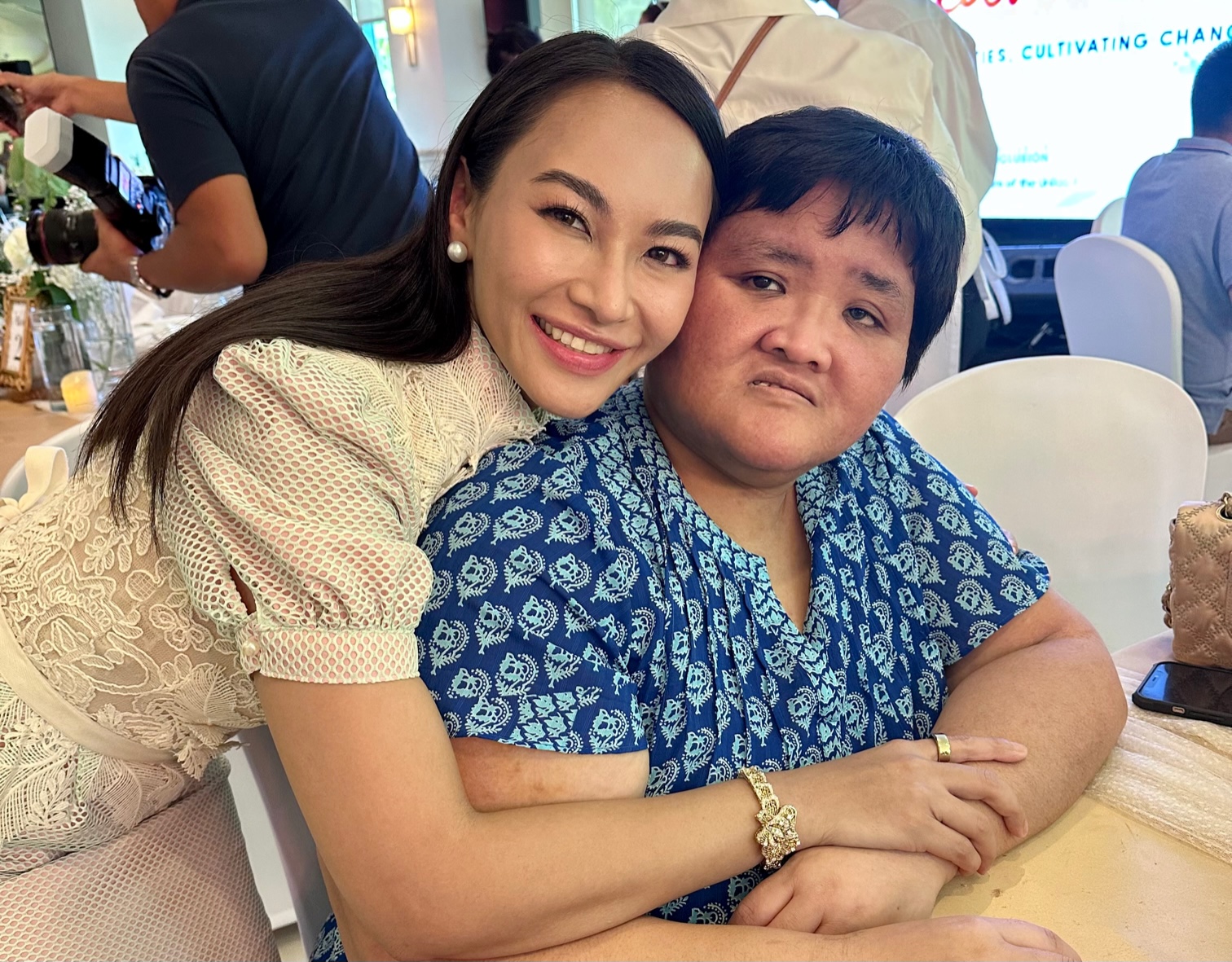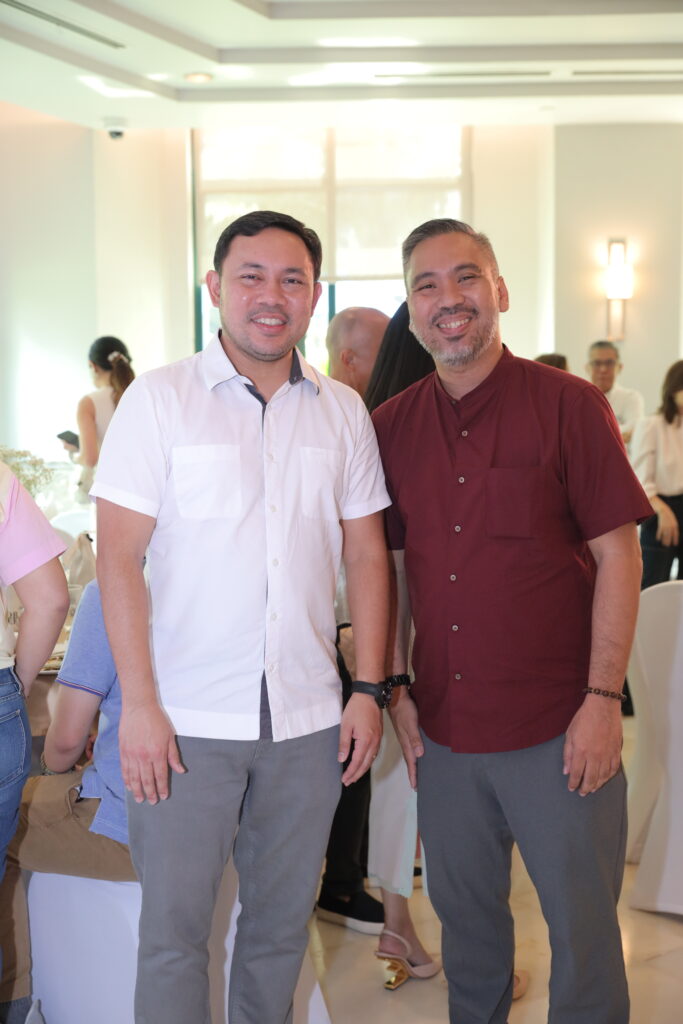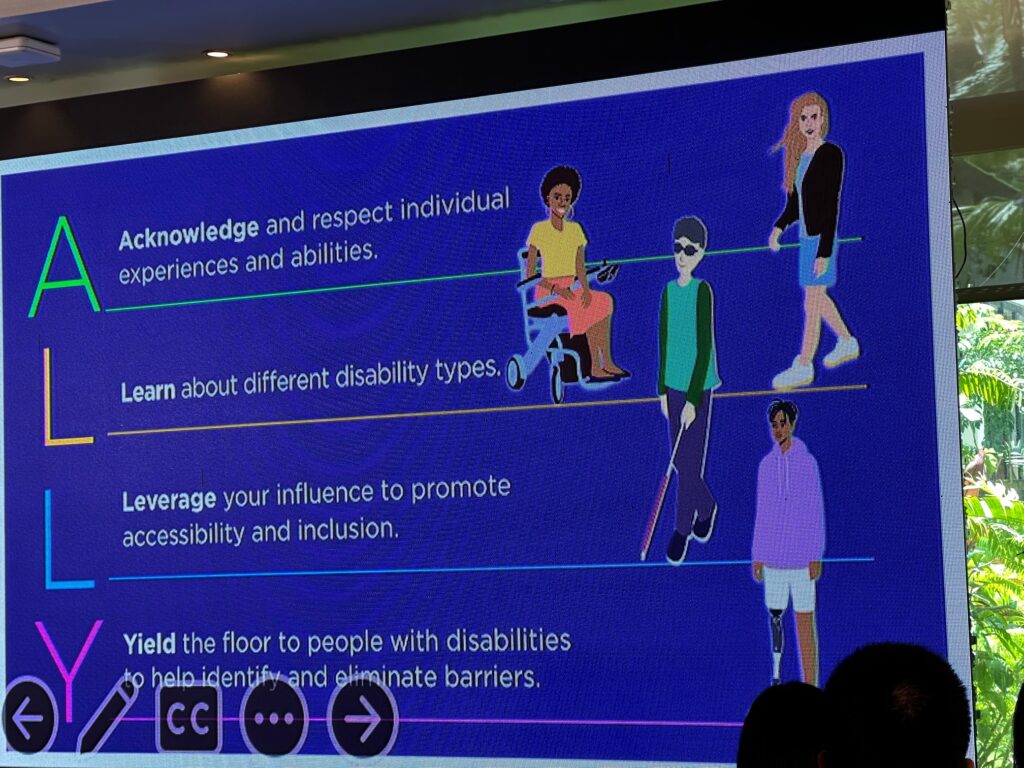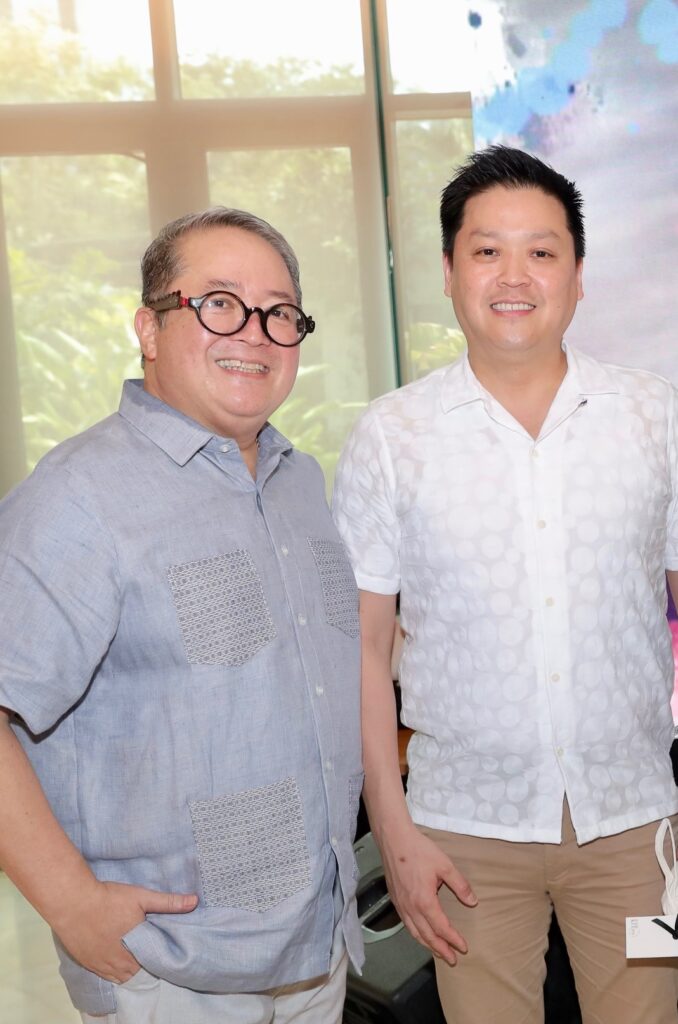“And why do we have to be concerned with PWDs? Simply because they are our brothers and sisters, our family members, our friends and citizens of our country who, given the right opportunities, will be able to not only help themselves, but also help their own families, communities and our country.” — PIN
Text and photos by Alex Y. Vergara
Since its inception 12 years ago, Project Inclusion Network (PIN), a non-profit organization that aims to build a nation where the potentials of persons with disabilities or PWDs is realized, has helped more than 3,000 PWDs with improved access to opportunities, particularly gainful employment, established partnerships with over 130 organizations from such sectors as education, government, advocacy and private corporations, conducted six pioneering research studies on improving work access for PWDs in the country, and reached out to over two million people through campaigns advancing work access for PWDs.
Some of these local corporations that have opened their doors to PWDs, including people diagnosed with autism and Down syndrome, include SM Markets, which groups together SM Supermarket, Hypermarket and Department Store, Unilab and Robinson’s South Star Drug. As a fledgling non-profit, PIN initially drew support from Unilab Foundation until it was stable enough to spin off on its own a few years ago.
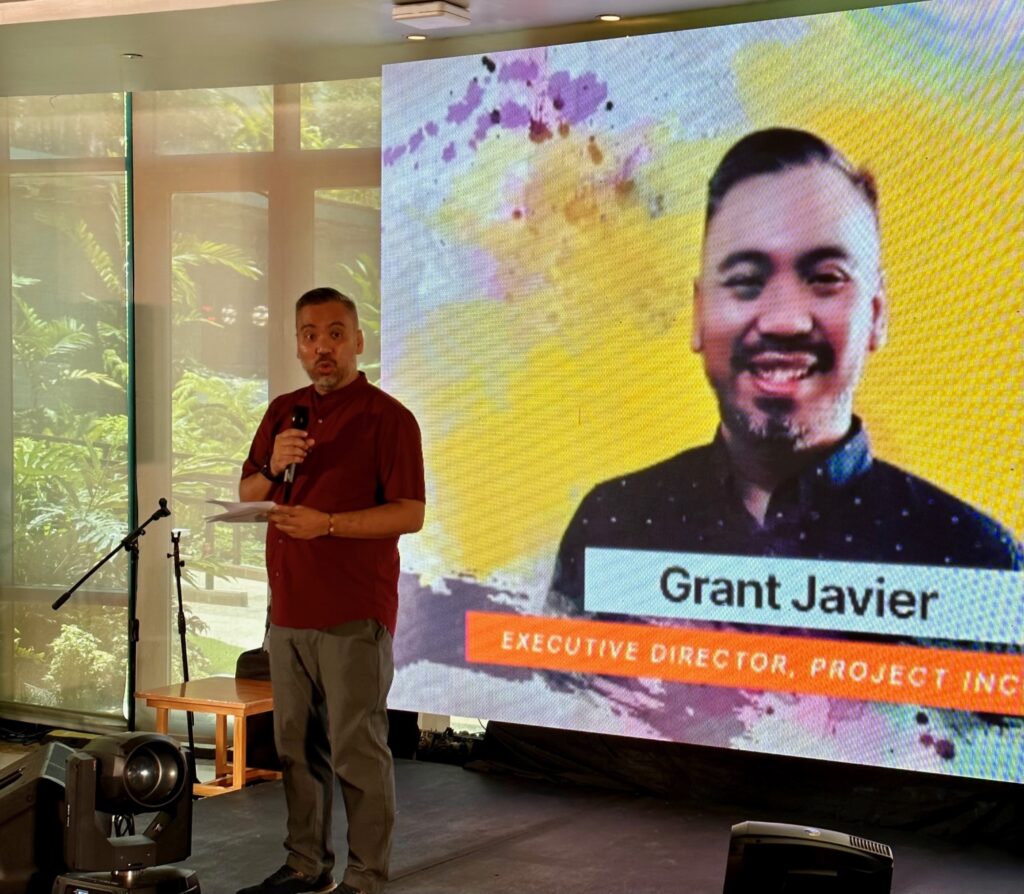
If you think these numbers are impressive given that PIN is managed mostly by volunteers and funded almost purely through grants and donations, the organization, as Grant Javier, PIN’s executive director, pointed out, has just begun to scratch the surface, given that there are an estimated 14 to 18 million Filipinos dealing with some form of disability – both “visible and invisible.” Half of this number are of working age.
Not enough
“Have we done enough?” Javier asked his audience during a recent benefit lunch helmed by PIN at Chef Jessie’s Rockwell. “Definitely not!”
Quoting a study done by the Philippine Statistics Authority in 2016, Javier said that the disability prevalence in the Philippines is 12 percent of the total population. The World Health Organization, on the other hand, estimated that around 1.3 billion people – about 16 percent of the global population – are currently experiencing “significant disability.”
“This number if increasing due in part to population aging and an increase in the prevalence of noncommunicable diseases,” Javier added. In other words, the number isn’t limited to those born with inherent disabilities but also includes people who later in life acquired some form of disability due to some form of sickness or accident.
Staggering as the numbers are, they gain a new meaning when viewed on a personal level. To Grant, for instance, and many of the people who have supported PIN since the beginning like lawyer and former Justice Undersecretary Emmeline Aglipay Villar and broadcaster Karen Davila, the organization’s work and the gains it has made over the years is personal. Javier’s son Pablo, Villar’s older sister Mariel and Davila’s son David have all been diagnosed within the autism spectrum.
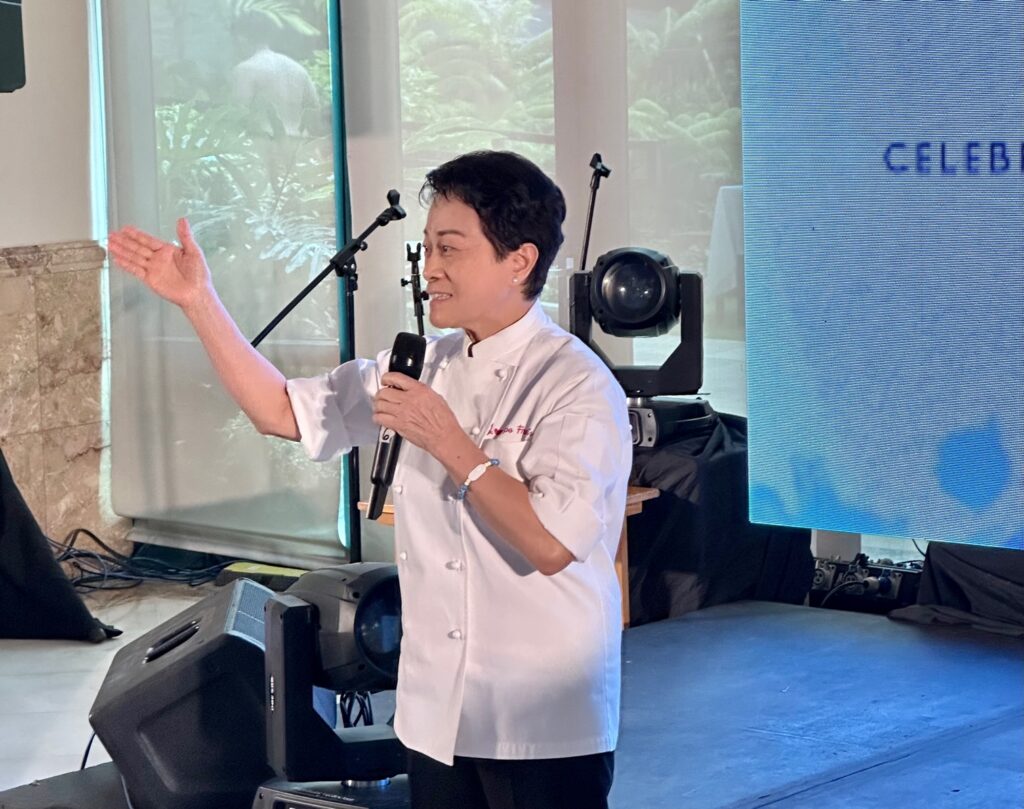
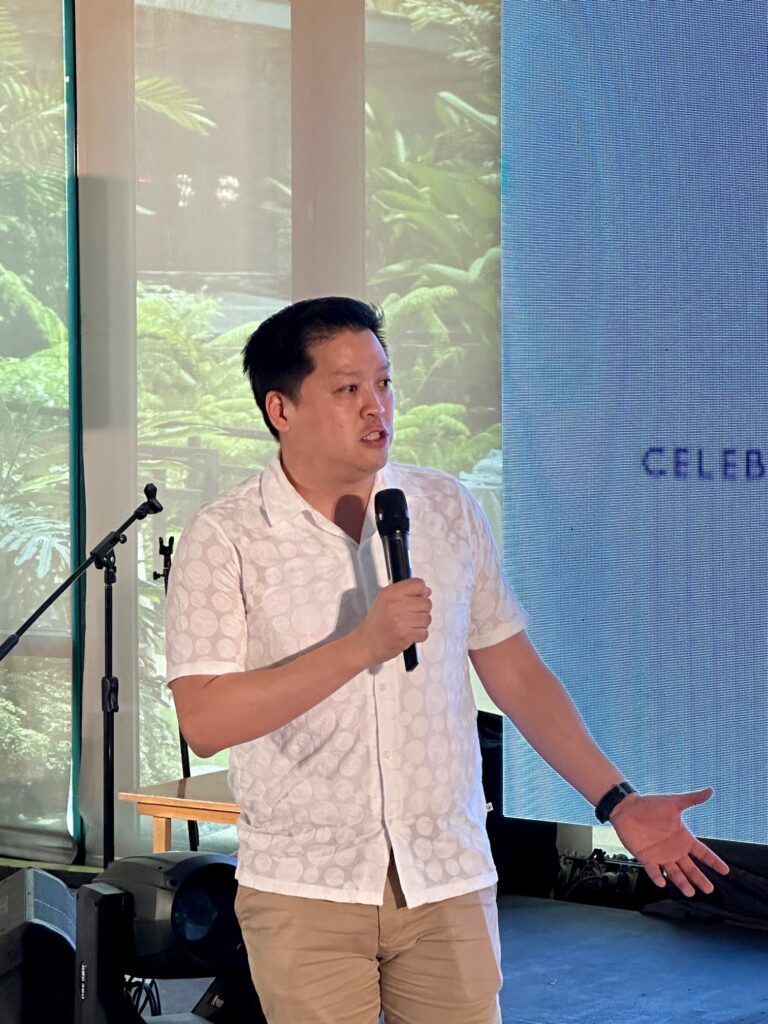
Javier vividly recalls that fateful day in December 2012 when he was invited by the then executive director of Unilab Foundation as they tried to understand a father’s thoughts and concerns while raising a son with autism. Pablo was only four years old when his father shared his greatest fear to people running the foundation. It was also most likely on the minds of countless parents in Javier shoes: “What would happen to Pablo if I’m no longer around? Would society be able to accept him? Would someone be willing enough to provide him with employment?”
“The conversation ended with me being given the opportunity to build something to answer my own questions and that was the birth of Project Inclusion,” Javier added.
But one need not experience dealing with a next of kin with disabilities to fully appreciate PIN’s work. One need only be empathetic enough to lend his or her support in helping PIN attain its objectives in fostering inclusivity and changing people’s mindsets that a good number of PWDs, once given the proper training and the right break, are capable of becoming productive members of society.
Thus, PIN has, over the years, also earned the support of such generous and influential individuals as Alice Eduardo, Lilibeth Aristorenas, Sen. Mark Villar, Rep. Camille Villar and Social Welfare and Development Secretary Rex Gatchalian.
Beyond tokenism
Gatchalian, recalling his days as mayor of Valenzuela, shared with those present how he tried to convince companies operating within his city to go beyond lip service and “tokenism.” Donations to the PWD community, as part of a company’s corporate social responsibility program, are most welcome, he said. But it shouldn’t end there. Nor should companies think that they’ve already done their part after donating once or twice to the cause.
What the sector really needs, he continued, is more forms pro-active assistance, especially in training and providing jobs to capable and interested PWDs. You will never know how capable they are unless you give them a break and provide them with ample leeway for their training and integration in the mainstream workforce. In other words, companies need to take calculated risks by actively employing PWDs.
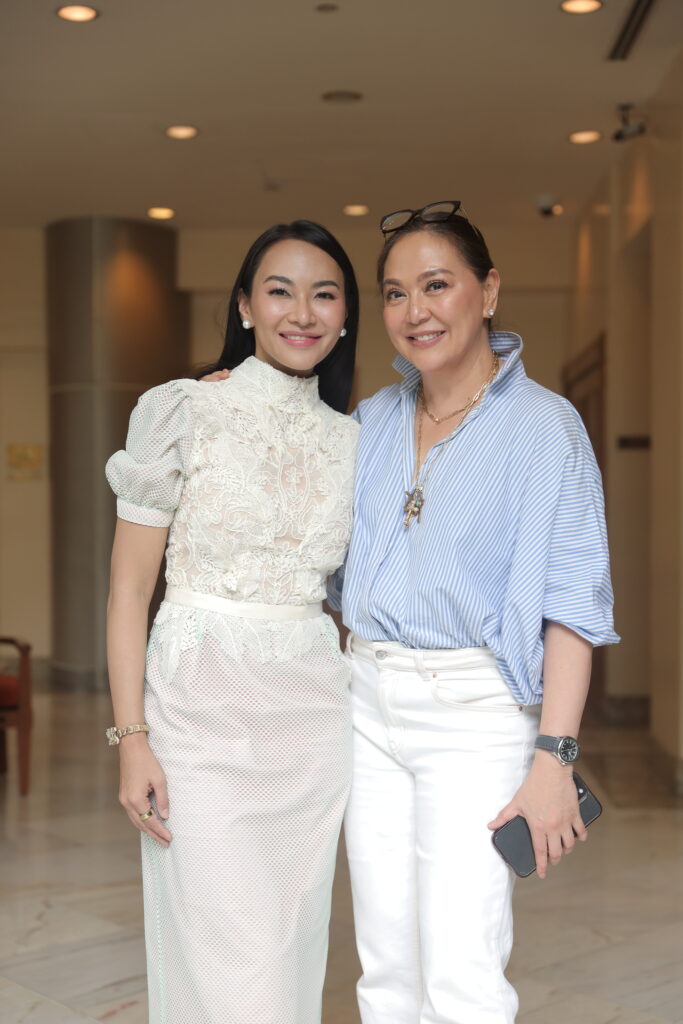
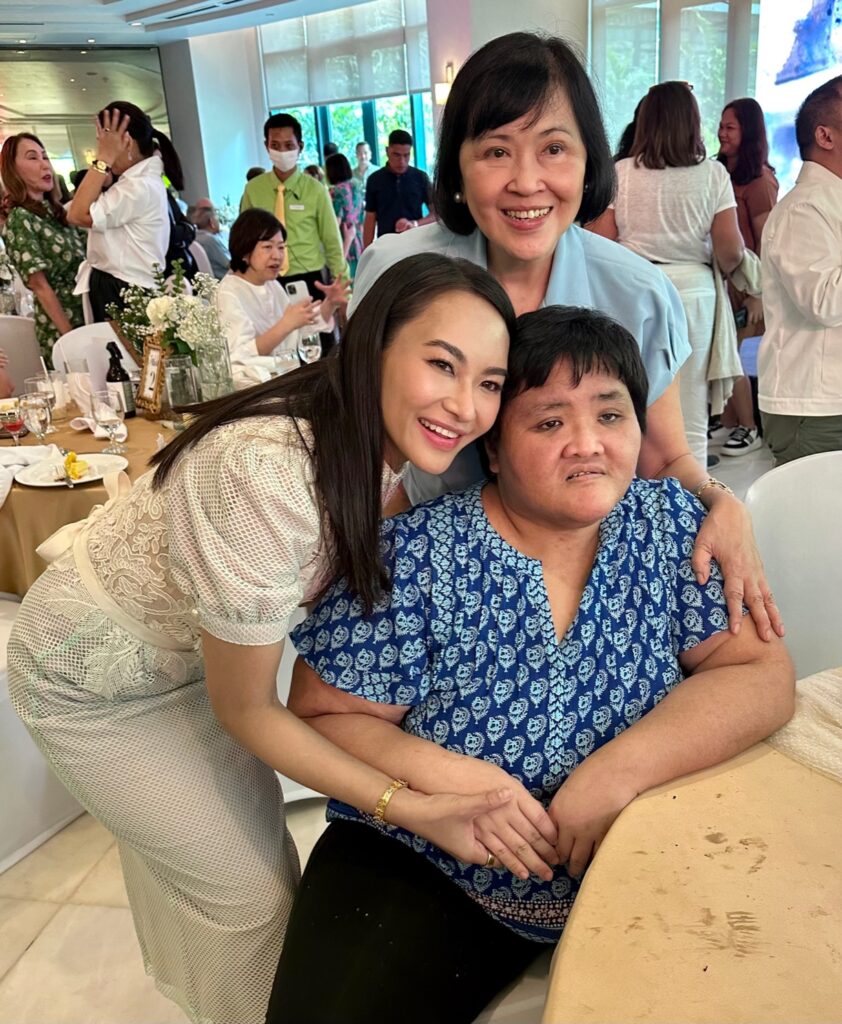
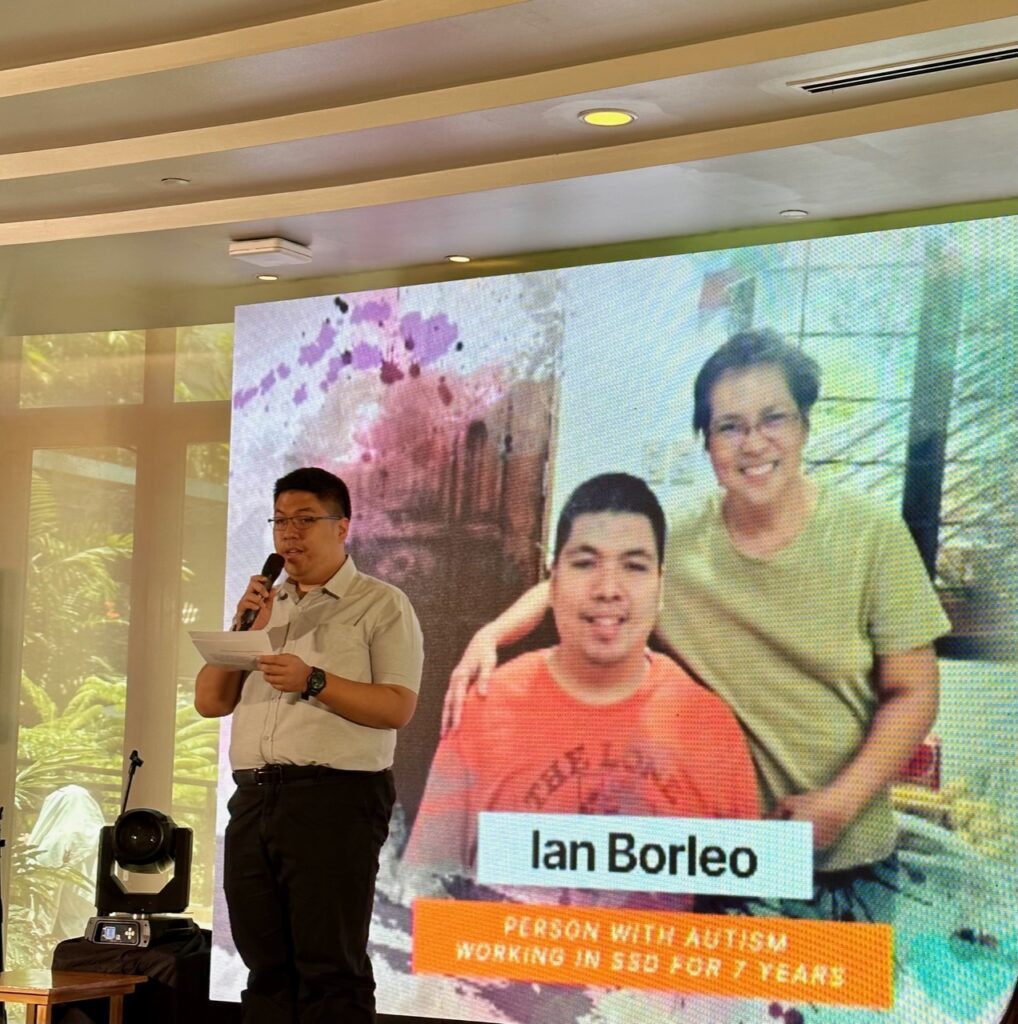
Dole outs can only go so far. “It is only by giving PWDs a chance to be productive members of society that we can go beyond tokenism,” said the social welfare secretary.
Dr. Francis Xavier Dimalanta, a developmental and behavioral pediatrician and certified play specialist, also appealed to all able-bodied Filipinos to be an “ALLY” of their differently abled classmates, neighbors, friends and co-workers. Making room for PWDs is also beneficial for the supposedly normal person, he said, because it not only broadens one’s perspectives. It also teaches a person valuable lessons on empathy.
“Acknowledge and respect individual experiences and abilities,” Dimalanta said, as he explained the meaning of ALLY. “Learn about different disability types. Leverage you influence to promote accessibility and inclusion. And yield the floor to people with disabilities to help identify and eliminate barriers.”
There have been many success stories from among the ranks of PWDs who were once under PIN’s wing. One such individual is Ian Borleo. Diagnosed with autism, Ian was able to finish school. And thanks to the placement program spearheaded by PIN for PWDs, he found employment at South Star Drugs seven years ago. Ian, who read flawless English from a prepared speech, said he has since stayed with the company and, in fact, even got a raise in his salary on his fifth year of service. Ian’s proud mother was present to share in her son’s moment of triumph.
The “3 Es”
But the PWD, with PIN’s help and guidance, also has to put in some work. PIN’s mandate, said Javier, can be summarized into the organization’s “3 Es” – empower, enable and engage.
PIN conducts readiness assessments for PWD jobseekers and provides training and workshops to further prepare them in the workplace. “With the help of our partners, we provide educational assistance to college education as well as technical-vocational courses,” Javier explained. “We help provide economic empowerment to individuals and groups such as assisting livelihood and community enterprises run by PWD organizations.”
But it takes two sides to make it work. As PIN tries to address the gaps on the side of jobseekers, it also helps enable employers and the PWD’s future co-workers to, in Javier’s words, “really make it a win-win situation for everyone.”
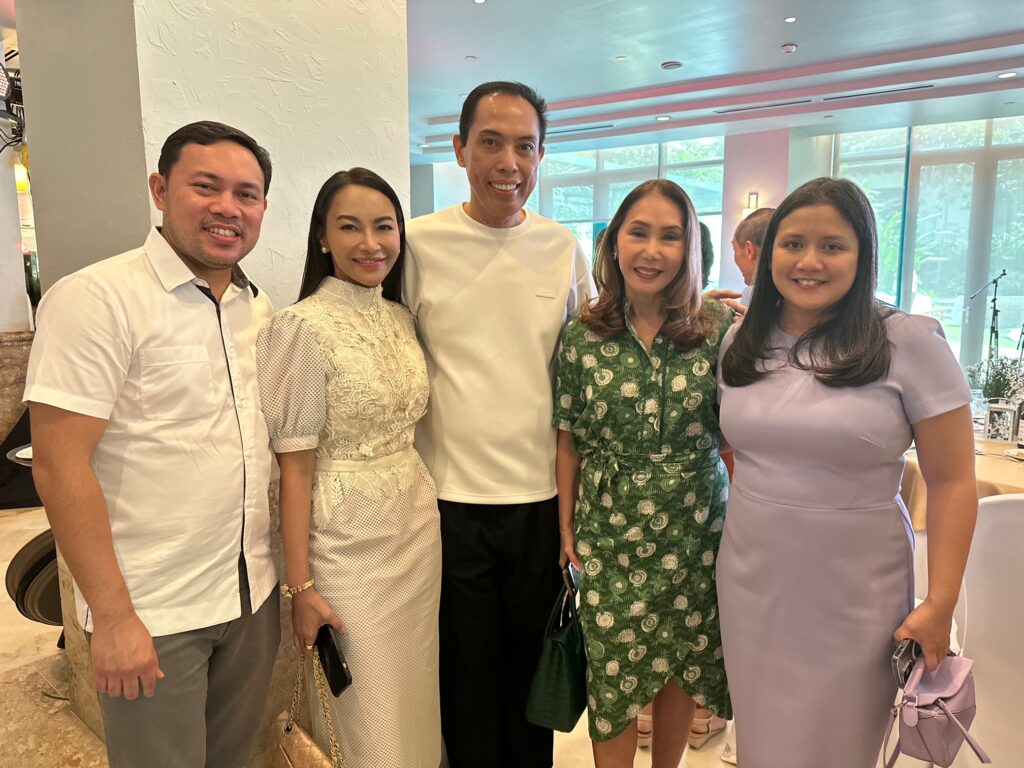
“After all,” he added, “this is not about charity, but providing them with reasonable accommodation and environment for our PWDs to be productive and to thrive in the workplace.”
To this end, PIN has established the Philippine Business and Disability Network (PBDN), a growing community of businesses, which is accredited by the International Labor Organization. From five members 11 years ago, PBDN’s membership has now grown to 52. For interested companies, PIN also conducts disability sensitivity trainings to enable companies to maximize their diverse talents, especially those that practice disability inclusion.
“In as much as addressing PWDs and their employers is already big work, we know that we still need to engage with other sectors to effect a greater impact on society,” Javier said.
Under its “engage pillar,” PIN has worked with various government agencies and partnered with LGUs to helm them implement the disability-related laws which focus on employment as well as help them craft local ordinances that benefit more PWDs among their constituents.
Admittedly, he said, a lot of work still needs to be done. Among PIN’s priorities are to increase the number of PBDN members “to hundreds if not thousands more”; build a technical and vocational education and training school for PWDS; and put up an its own “educable center” where neurodiverse talents can be thoroughly prepared for the demands of work while building careers for themselves.
“And why do we have to be concerned with PWDs?” Javier asked his audience. “Simply because they are our brothers and sisters, our family members, our friends and citizens of our country who, given the right opportunities, will be able to not only help themselves, but also help their own families, communities and our country.”

